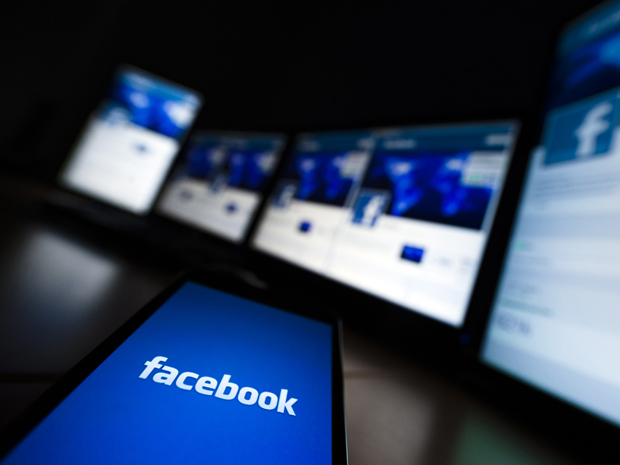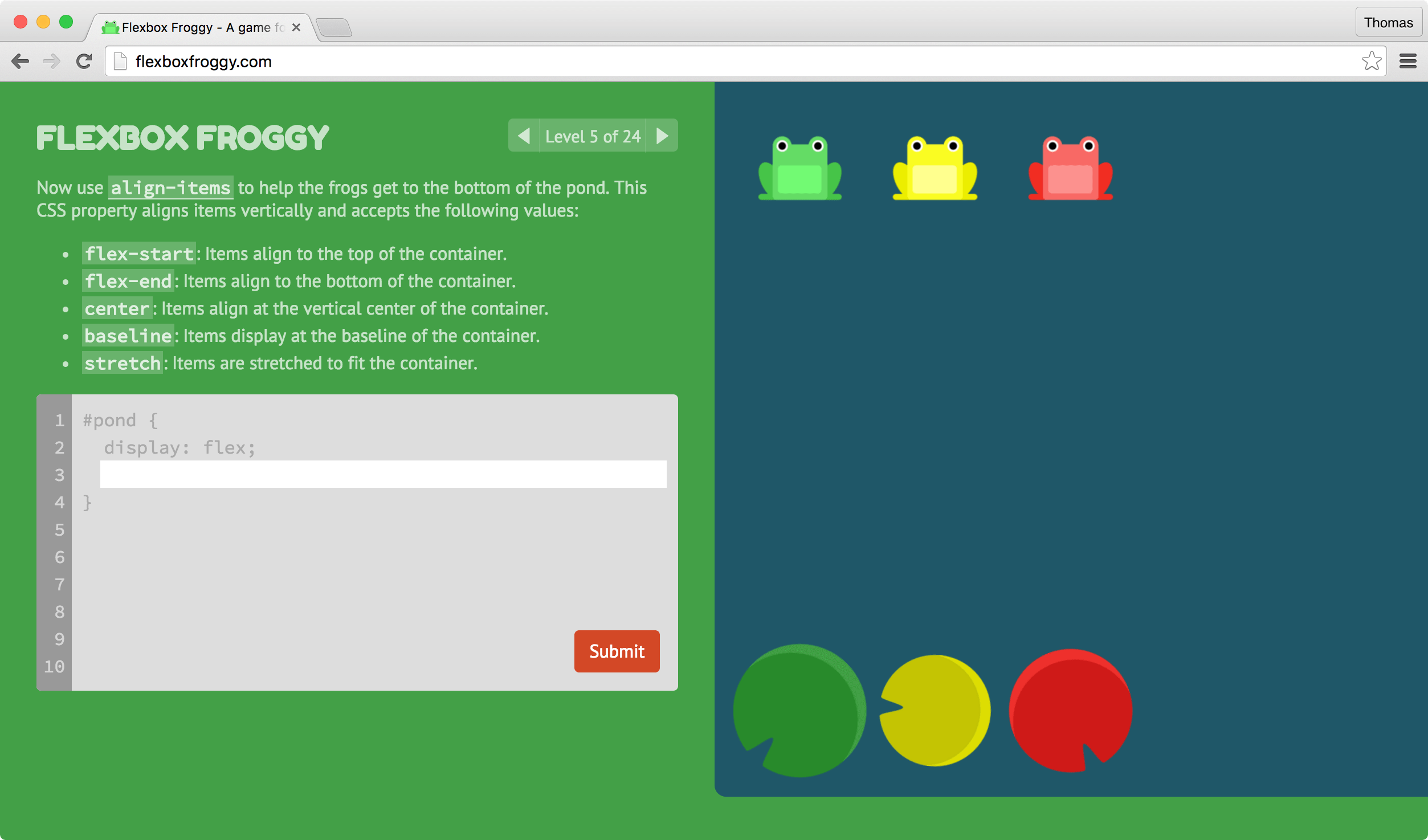In 2017, Facebook announced that it wanted to create a headband that would allow people to type at a speed of 100 words per minute using only their thoughts. Now, just over two years later, the social media giant reveals that it has funded extensive university research with human volunteers who were undergoing brain surgery for epilepsy.
A part of that research was recently described in a scientific article from the University of California, San Francisco (UCSF, USA). The text states that researchers have developed "speech decoders" capable of determining what people are trying to say from their brain signals.
The research is important because it could show whether it is really possible to create a portable brain control device. In addition, it is one of the first examples of a technology giant interested in obtaining data directly from people's minds.
For some neuro-ethicists, if a device capable of doing this were achieved, we would need new regulations on how brain data is collected, stored and used.
In the study published recently in Nature Communications, UCSF researchers, led by neuroscientist Edward Chang, placed electrode sheets in the brains of volunteers.
Then, they were asked a series of questions to which they had to give simple answers. Some of the questions were: "From 0 to 10, how much pain do you feel?" and "do you prefer a piano or a violin?" The researchers could hear both the questions and the answers, while the system tried to detect both the question and the answer.
Facebook has clarified that the project is still ongoing, and that it is funding UCSF to investigate how to enable a person with speech disabilities to regain the ability to communicate.
In the medium term, Facebook wants to create a portable headset that allows users to use their thoughts to control music or interact in virtual reality. To this end, Facebook has also funded research with systems that listen to the brain from outside the skull using fiber optics or lasers that measure changes in blood flow, somewhat like an MRI machine.
Those blood flow patterns only represent a small part of what happens in the brain, but they might be enough to distinguish between a limited set of commands. A Facebook blog post details: “Being able to recognize even a few mental commands, such as 'start', 'select' and 'delete', would provide entirely new ways of interacting with today's virtual reality systems and with glasses. of augmented reality of tomorrow ”.
Facebook plans to demonstrate a prototype of this portable system by the end of the year, although the company has detailed what capabilities it will have and what it would do with the brain.
And privacy?
Research on brain-machine interfaces has accelerated as tech companies with big budgets have become interested in them. On July 16, Neuralink, the brain interfaces company created by SpaceX founder Elon Musk, announced that it hoped to implant electrodes into the brains of paralyzed volunteers within two years.
Yet there are reasons to doubt whether tech companies should be allowed a window into our brains. Last month, for example, Facebook received a record € 4.5 billion fine for misleading its users about how it uses their personal information.
Duke University (USA) professor of neuro-ethics Nita Farahany says: “For me, the brain is the only safe place for freedom of thought, for fantasy and dissent. We are about to cross the last frontier of privacy without having any kind of protection ”. Facebook stresses that all brain data collected at UCSF will remain at the university, but Facebook employees can go there to analyze it.
It is not known how much money Facebook is investing in the university or how much the volunteers know about the company's participation in the study. University spokesman Nicholas Weiler declined to show a copy of the contract for this research or the consent forms signed by the patients. It states that the consent forms list Facebook among several possible sponsors of the research.
Although a brain reader could be a useful way to control devices, it would also mean that Facebook could listen to brain signals. This would provide you with much more information than you already have, such as people's reaction to posts and messages.














No Comment